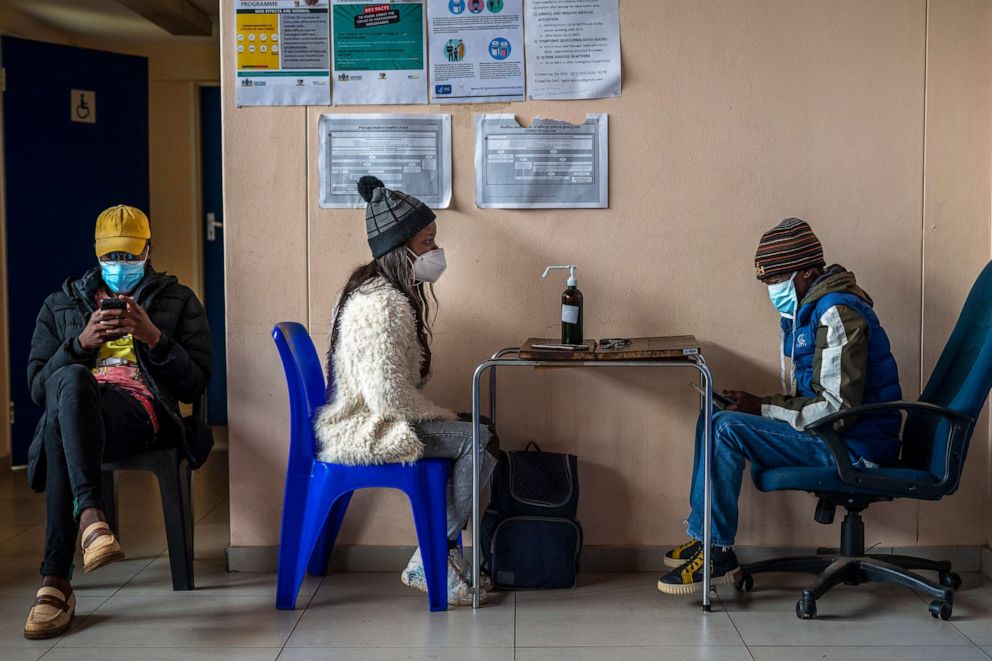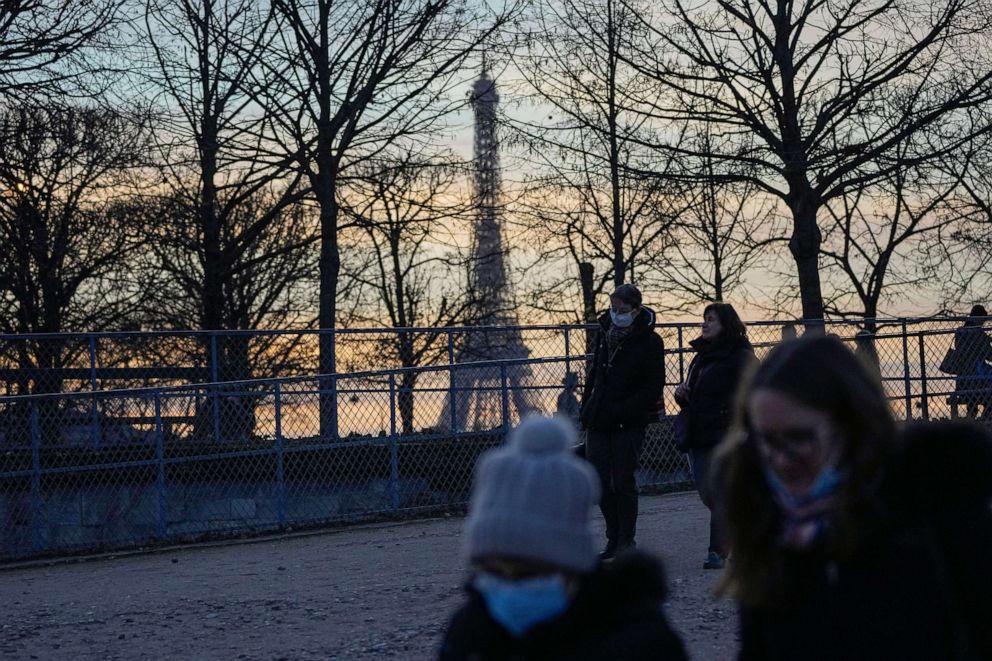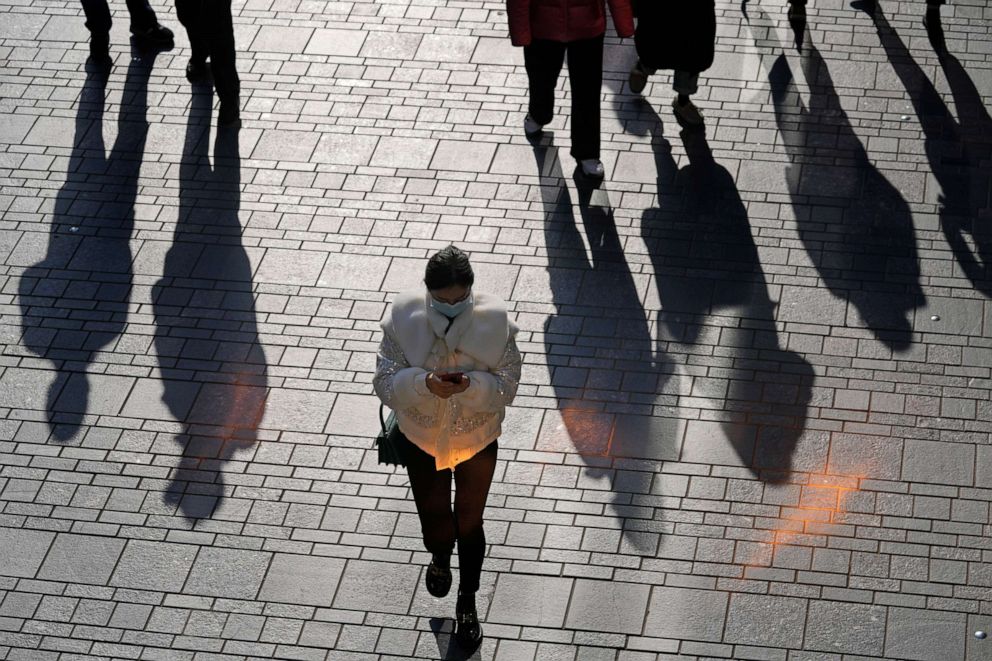Africa clocks fastest surge in cases this year, but deaths remain low: WHO
An 83% surge in newly confirmed cases of COVID-19 during the past week in Africa, driven by the delta and omicron variants, is causing fewer deaths than previous surges, the World Health Organization said Tuesday.
But the WHO cautioned that more waves of COVID-19 infections could be building as updated forecasts warn Africa, the world's second-largest and second-most-populous continent, may not reach 70% vaccine coverage until late 2024.
Africa recorded more than 196,000 new cases for the week ending on Dec. 12, an increase of around 107,000 from the previous week, bringing the cumulative count since the pandemic began to 8.9 million cases, according to the WHO. The number of new cases is currently doubling every five days, the shortest reported this year. While the speed of the spread is fast, the WHO said, deaths remain low and even dropped by 19% last week compared with the previous week.
Africa is currently in its fourth wave of the pandemic, during which there were a little over 3,000 deaths reported in the first three weeks. About half as many cases were reported in the same time frame during the continent's third wave, which was fueled by the highly contagious delta variant, according to the WHO.

The WHO said this spike in infections coupled with low hospitalizations is particularly evident in South Africa, which saw a 66% rise in new cases last week compared with the previous seven days. While hospital admissions have jumped by 65% in the past week, the bed occupancy rate for intensive care units remains low at 7.5%, with 14% of the hospitalized patients receiving supplemental oxygen. Though the number of deaths also remain low, the WHO warned that this pattern may change in the coming weeks.
"We are cautiously optimistic that deaths and severe illness will remain low in the current wave, but slow vaccine rollout in Africa means both will be much higher than they should be," Dr. Matshidiso Moeti, the WHO's regional director for Africa, said in a statement Tuesday. "We've known for quite some time now that new variants like Beta, Delta or Omicron could regularly emerge to spark new outbreaks globally, but vaccine-deprived regions like Africa will be especially vulnerable."
As of Tuesday, only 20 African countries had vaccinated at least 10% of their population -- the global target the WHO had set for September 2021. Only six African nations have hit the year-end target of fully vaccinating 40% of their population, while just two countries -- Mauritius and Seychelles -- have reached the 70% coverage seen as essential for controlling the pandemic. At the current pace, the WHO estimates that it will take until May 2022 before Africa as a whole reaches 40% coverage and August 2024 before it reaches 70%.
"In a world where Africa had the doses and support to vaccinate 70% of its population by the end of 2021—a level many wealthy countries have achieved—we probably would be seeing tens of thousands of fewer deaths from COVID-19 next year," Moeti said. "But we can still save many lives if we can accelerate the pace of vaccination in early 2022."







